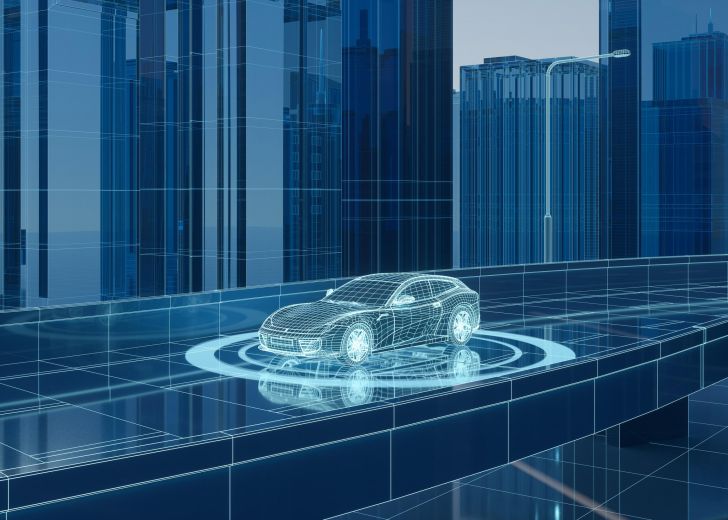During King Charles’ first speech, where the monarch outlines the Government’s plans for new laws, he said the Bill will "unlock a transport revolution by enabling the safe deployment of self-driving vehicles".
The Government believe that driverless vehicles will reduce costs, injuries, and fatalities on UK roads – as well as grow the economy by establishing the country as a world leader.
According to the report, released by 10 Downing Street, as a follow up to the speech, there is a huge growth potential in this sector, which will allow the UK market to reach a value of £42 billion and create more than 38,000 skilled jobs by 2035.
In the report, findings from the Government revealed that 88% of accidents currently involve human error. The Automated Vehicles Bill, the Government claims, will put safety and the protection of the user at the heart of the plans. Therefore, only the driver – be it the automated vehicle or a person – will be held accountable in the event of an accident or incident.
Non-driving responsibilities however will still remain with the person behind the wheel, such as maintaining appropriate insurance for the vehicle and ensuring proper loading, as well as responsibility during any part of the journey where the person is driving.
The Bill also means that only vehicles that can drive themselves safely and can follow traffic rules (without the need for a human to monitor or control the vehicle) will be classified as 'self-driving' or 'driverless' cars.
As a result, the Department for Transport (DfT) will be given new powers to authorise driverless vehicles and ensure in-use compliance with the safety standards that the current Government will look to establish. Also, companies will have to meet strict safety requirements from the point a vehicle is introduced onto the roads or face new sanctions and penalties if they fail in their duty. These start with fines or lead to criminal charges in the most serious of cases.
Furthermore, while the car is driving itself, the vehicle manufacturer rather than the human will be responsible for the way it drives. This means that the Bill sets out the responsibilities of companies that develop, operate, and report on self-driving vehicles on the roads.
The Government report also highlighted how the Bill will look to protect drivers. This will include allowing only vehicles that meet the safety threshold being legally allowed to be marketed as self-driving. For all other vehicles, the driver is responsible at all times.
To back up the Government’s plans, the Institute for Engineering and Technology’s research into the industry found that for every 10,000 errors made by human drivers, a self-driving car will make just one.
Following today’s King’s Speech, RAC head of policy Simon Williams said: “While the concept of truly driverless vehicles being commonplace on our roads might still a little sci-fi to the average driver, there is no doubting the need for this Bill.
“The technology is moving at pace and it’s vital the UK isn’t left behind.
“However, if we’re ever to truly realise the benefits of autonomous technology we have to sort out the state of our roads once and for all.
“It’s hard to fathom how driverless cars will be able to safely navigate our streets when so many road markings are faded, and then there’s the prospect of vehicles getting needlessly damaged by the UK’s pothole plague as they surely won’t be programmed to avoid them.”
What do you make of the King’s Speech today? Would you like to see driverless cars on UK roads? Leave your comments below.

RAC sale – up to 33% off*
• Roadside cover from £5.29 a month†
• We get to most breakdowns in 60 mins or less
• Our patrols fix 4/5 breakdowns on the spot











